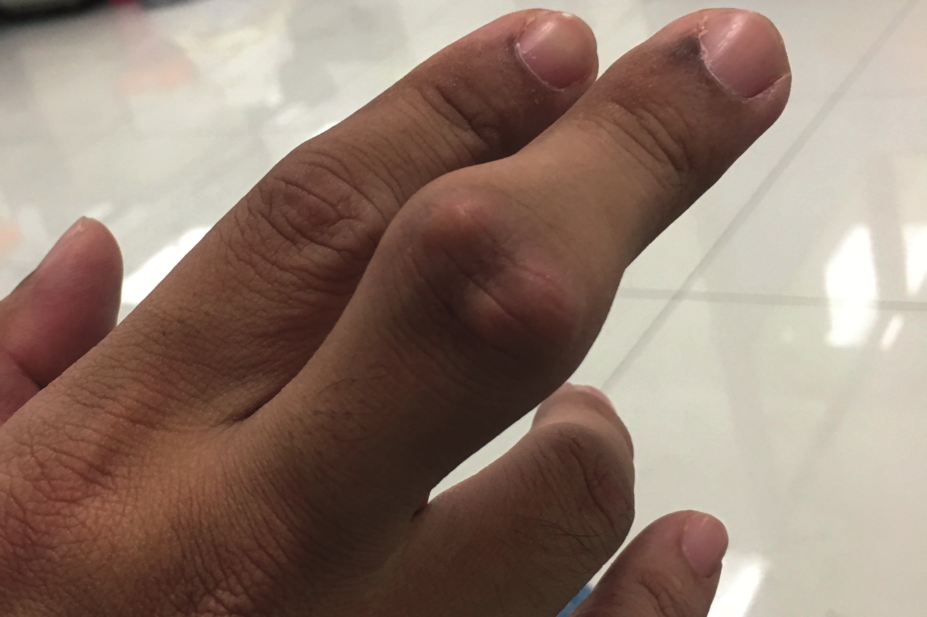
Shutterstock.com
Diet contributes much less towards the development of high serum urate levels than genetic factors, study results reported in The BMJ (10 October 2018) suggest[1]
.
Researchers used data from five cohort studies involving 16,760 people of European ancestry from the United States without existing kidney disease or gout. Using responses to validated food questionnaires, researchers examined the relationship between additional weekly portions of 63 individual foods and the patients’ serum urate levels.
The analysis identified seven foods associated with raised serum urate levels, including beer, liquor, wine, potato, poultry, soft drinks and meat, and eight associated with reduced levels of serum urate, including eggs, peanuts, cold cereal, skimmed milk, cheese, brown bread, margarine, and non-citrus fruits.
Adherence to a healthy diet, such as the Dietary Approaches to Stop Hypertension — or ‘DASH’ diet — and the Mediterranean diet, which is inspired by the eating habits of Greece, southern Italy and Spain, were also associated with lower serum urate levels.
However, the contribution of any of these factors to the overall variance in serum urate levels was less than 1%. By contrast, the genetic contribution to the variance was estimated at 23.9%.
Gout is caused by chronically elevated urate levels, and it is widely accepted that diet makes a major contribution towards the disease. High urate levels are also associated with chronic kidney disease and hypertension.
“Our results challenge widely held community perceptions that hyperuricaemia is primarily caused by diet, showing that genetic variants have a much greater contribution to hyperuricaemia in the general population than dietary exposure,” they concluded.
References
[1] Major T, Topless R, Dalbeth N et al. Evaluation of the diet wide contribution to serum urate levels: meta-analysis of population based cohorts. BMJ 2018;363:k3951. doi: 10.1136/bmj.k3951


